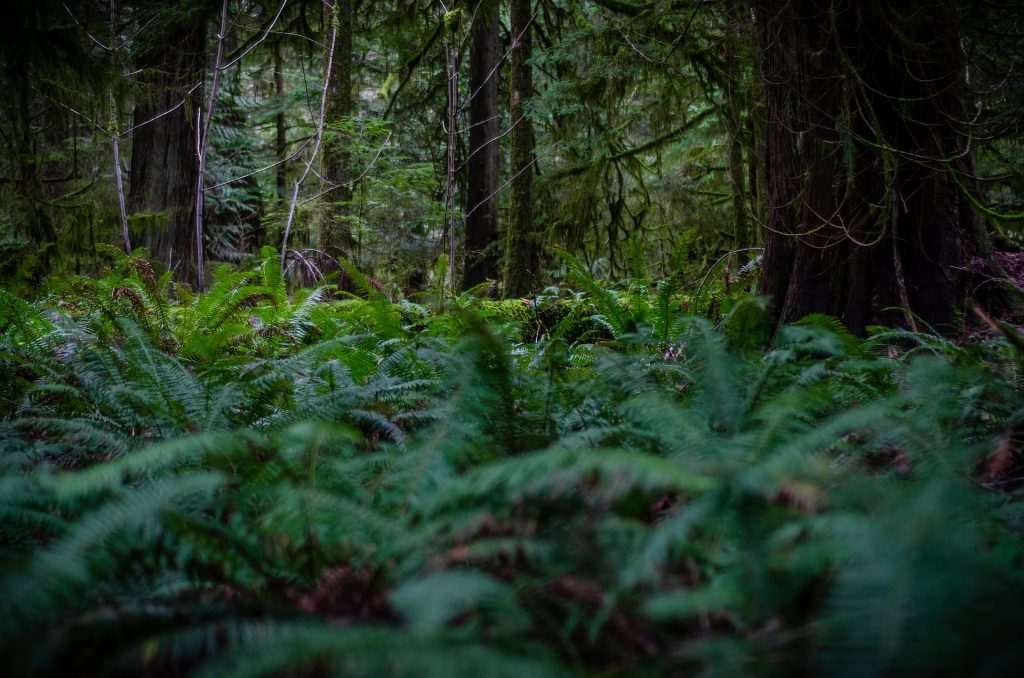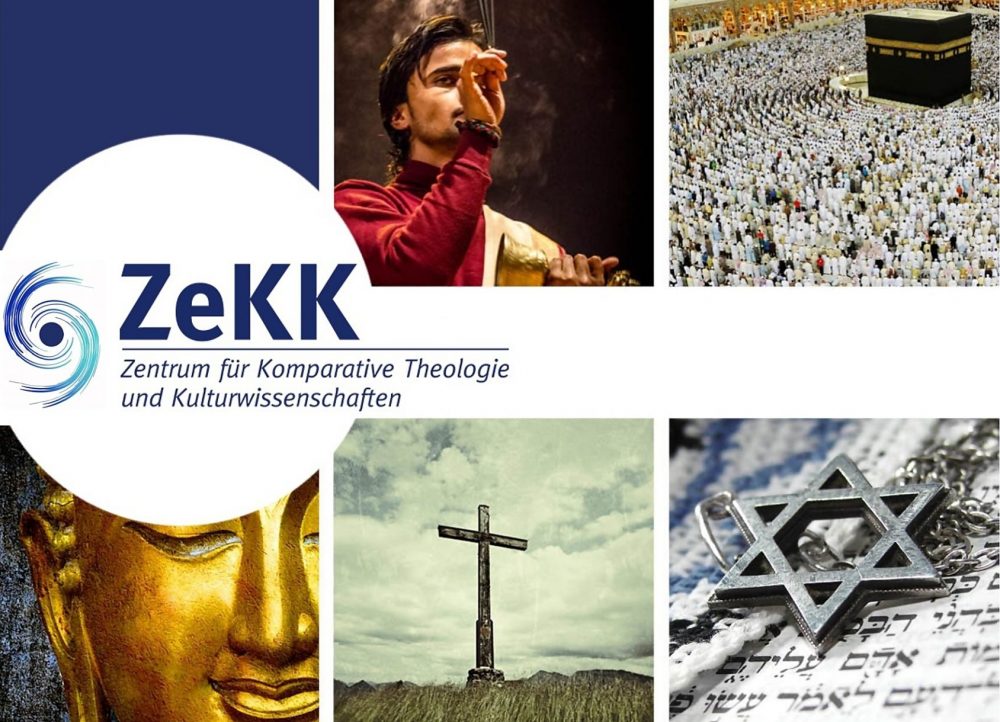“Europe is a garden. We have built a garden. Everything works. It is the best combination of political freedom, economic prosperity and social cohesion that the humankind has been able to build…The rest of the world is not exactly a garden. Most of the rest of the world is a jungle, and the jungle could invade the garden.”
You did not hear it here first. There was almost nothing new about the EU’s highest ranking diplomat comparing Europe to a garden – and the rest of the world to a lawless jungle, nor in his warning that the jungle, if allowed to grow unchecked, will “invade” the garden. Some might foolishly want to build a wall around the garden to protect it but this, says Josep Borrell, will not do the job. Rather, the “gardeners” must “go to the jungle” to protect themselves from the looming invasion.
For centuries, including at the height of what is termed the period of European colonial expansion, one can find similar metaphors being conjured to justify European hegemony over other parts of the world, usually inhabited by non-white peoples. And it is precisely the threat of invasion by the barbarians who inhabit the jungle (but even that term implies too high a degree of civilization, so let them be called savages and monsters) that propels the gardener to go forth to tame the jungle. Armed with the machete – and the machine gun, all that is monstrous and threatening can be brought within one’s control. If not, it can be cut down and annihilated. “Everything works” – just as Borrell says it does.
It is not only in neocolonial European politics that the idea of the garden is invoked as a sanctuary. Christian and Muslim theological, political and artistic enterprises have often relied on the garden as a symbol of divine grace and power. It is from the garden that humanity is exiled to the wilderness of this world before returning to its first home. But the question of who inhabits the wilderness outside the garden is as relevant for Christian and Muslim theologians as it is for xenophobic European politicians. More importantly, why is it that those who reside in the wilderness are not allowed entry into the garden? In an oft repeated adage, we are told that in the gentle hand of the gardener lies the hand of God. But what un-gentle powers erect a border between the garden and the jungle, civilization and nature, politics and terror? How and why must life here in the garden be worth more than all life out there? And if life in my garden demands not only blinding myself to the richness of other forms of life but to keep these other forms of life out, to extinguish them or to bend them to my will before I let them in, why is this garden worth keeping alive?

Dr. Abdul Rahman Mustafa ist Wissenschaftlicher Mitarbeiter am Paderborner Institut für Islamische Theologie.
#colonialism #EU #racism #Europe #garden
